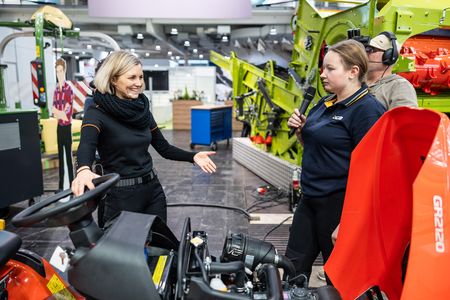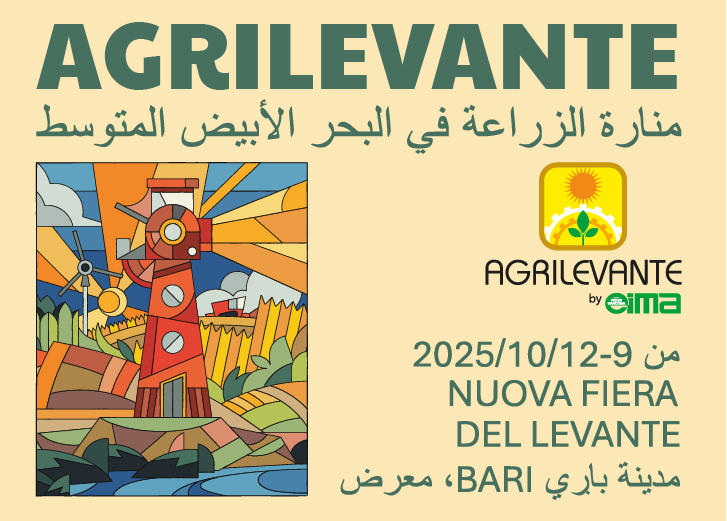As agriculture transitions to low-emission technologies, Agritechnica 2025 will spotlight tractors and machinery powered by alternative fuels and electric drives. This shift presents both challenges and opportunities for agricultural machinery dealerships, which must adapt their sales, service, and training strategies to remain competitive.
(DLG). In the future, tractors and other agricultural machines will be powered by alternative fuels or electricity. Electric drives, in particular, will have a profound impact on agricultural machinery dealerships. Dealers will need to develop new concepts for sales, service, and training. However, these changes also present opportunities to adapt and realign business models. This year’s Agritechnica trade fair, 9-15 November 2025 in Hanover, Germany, will feature numerous production models and prototypes with alternative drive solutions.
The DLG (German Agricultural Society), organizer of the world’s largest agricultural machinery trade fair, is offering a wide-ranging professional program and exclusive formats tailored to agricultural machinery dealers, all in Hall 2. In addition to established offerings such as Workshop Live showcasing live repairs and service work on real agricultural machines, registered dealers can be listed on the trade fair website and app. This makes it easier for customers and exhibitors to find them. New features include “Business Matchmaking,” which facilitates targeted connections between dealers and exhibitors, and the International Dealer Center. Dealer registration opens in early September.
The alternative drive solutions that will power tractors and other agricultural machines in the future are a key concern across the agricultural sector. The shift toward alternative fuels and electric drives will have far-reaching implications for dealerships, not only technologically, but also strategically and organizationally.
Alternative fuels for combustion engines
For decades to come, many farms will continue to operate machines with combustion engines. This is due to several factors: depending on the alternative fuel used, vehicles may require little or no modification; machines have long lifespans; and premature replacement is financially unfeasible for many farms. Additionally, there are currently few political incentives to switch.
To make machines and non-electrifiable applications more climate-friendly, alternative fuels are essential. Some can be used in existing vehicles. Biodiesel, HVO (hydrotreated vegetable oil), and e-fuels offer promising options for reducing CO₂ emissions quickly, though each comes with its own challenges regarding properties, availability, and storage























